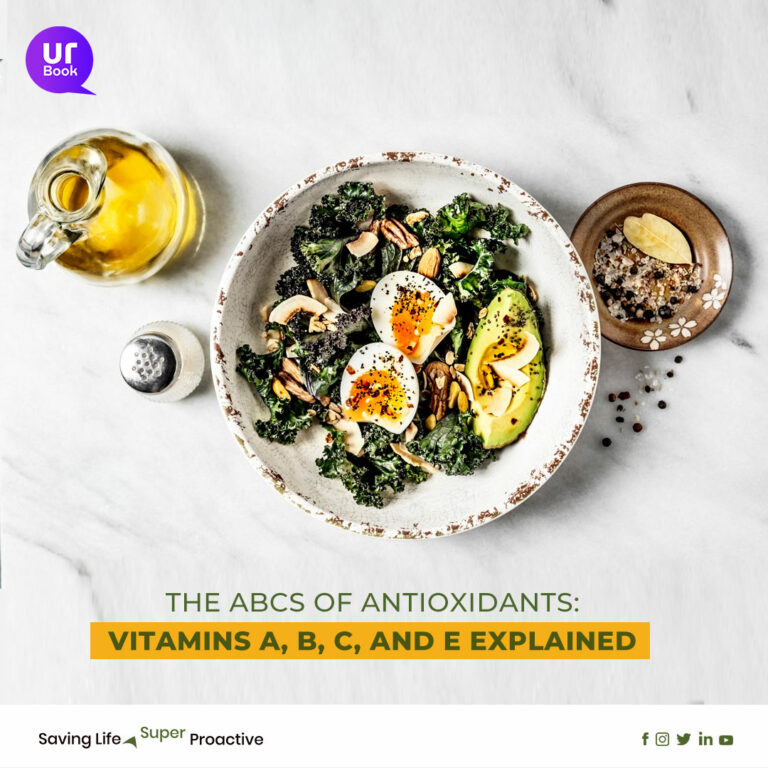
Your body battles free radicals every day. What are free radicals? Think of them as unstable molecules that damage cells and lead to a boatload of health problems. Enter antioxidant vitamins.
What are antioxidants, and why do we need them?
Our body produces free radicals when we convert food into energy or when we exercise. Things like pollution and cigarette smoke also expose you to them.
Free radicals don’t have all the electrons they need, so they bumble around, looking to steal them. When they do, they damage the molecule from which they take away electrons, causing oxidative stress. When your body is constantly under oxidative stress, it can sow the seeds of:
● Faster ageing
● Certain cancers
● Heart diseases
● Vision loss and eye diseases
● Arthritis due to inflammation of the joints
● Parkinson’s or Alzheimer’s disease due to nerve cell damage
Antioxidants are anything that naturally switches off free radicals. They can be man-made or natural substances like minerals and vitamins. They freely give their electrons to free radicals, disarming them and preventing any damage.
Since free radicals are an inescapable fact of life, you need a constant supply of antioxidants to neutralise them. Moreover, different antioxidants perform different roles, so you need a variety of them.
What are the antioxidant vitamins?
Now let’s dive into which vitamins are antioxidants and how they battle oxidative stress. 3 main vitamins act as antioxidants: A, C, and E. But B vitamins, often neglected and unsung heroes of antioxidants, are equally vital.
Vitamin A: illuminating health from within
For most of you, vitamin A is a vision protector. While it is that, it plays a critical role in cellular growth and skin health. There are two main forms of vitamin A: retinol and beta-carotene. The first comes from animal-based foods. The second you get from fruits and vegetables.
Both are antioxidants and act as shields for your cell membranes, protecting them from free radical attacks. By preserving cell membrane integrity, vitamin A maintains cell function and overall health. Retinol also counteracts photodamage by neutralising free radicals generated by UV rays and minimising the ruin they lay on skin cells.
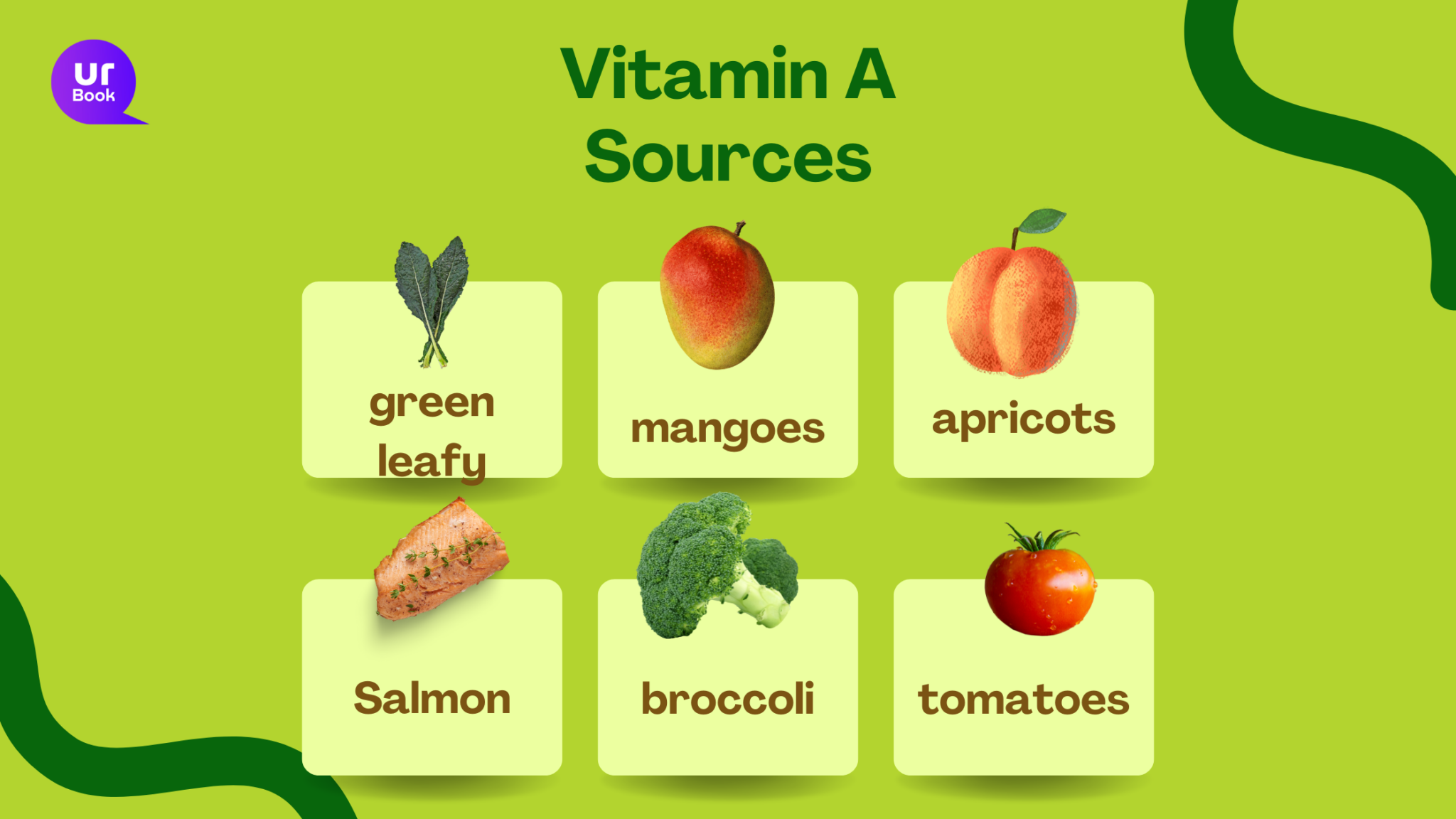
Vitamin B: igniting your metabolic fire
On the list of antioxidant vitamins, B vitamins are overlooked and underappreciated, but they are pivotal in converting food into energy. They make sure that your body has the right enzymes for it and that all cellular processes work efficiently. This reduces the production of harmful by-products that can lead to oxidative stress.
- Another way B vitamins work as excellent antioxidants is by reducing homocysteine. Homocysteine is an amino acid that causes a lot of oxidative stress, so much so that it increases the risk of heart disease. Vitamins B9, B6, and B12 metabolise homocysteine.
- That feeling of fatigue and no energy? It is often caused by oxidative stress. B vitamins reduce this oxidative stress-induced fatigue by supporting efficient energy metabolism.
- Finally, the antioxidant vitamin B helps in producing myelin. Myelin is the protective sheath that surrounds nerve fibres. By protecting nerves, B vitamins prevent oxidative damage that impairs nerve function and contributes to neurodegenerative diseases.
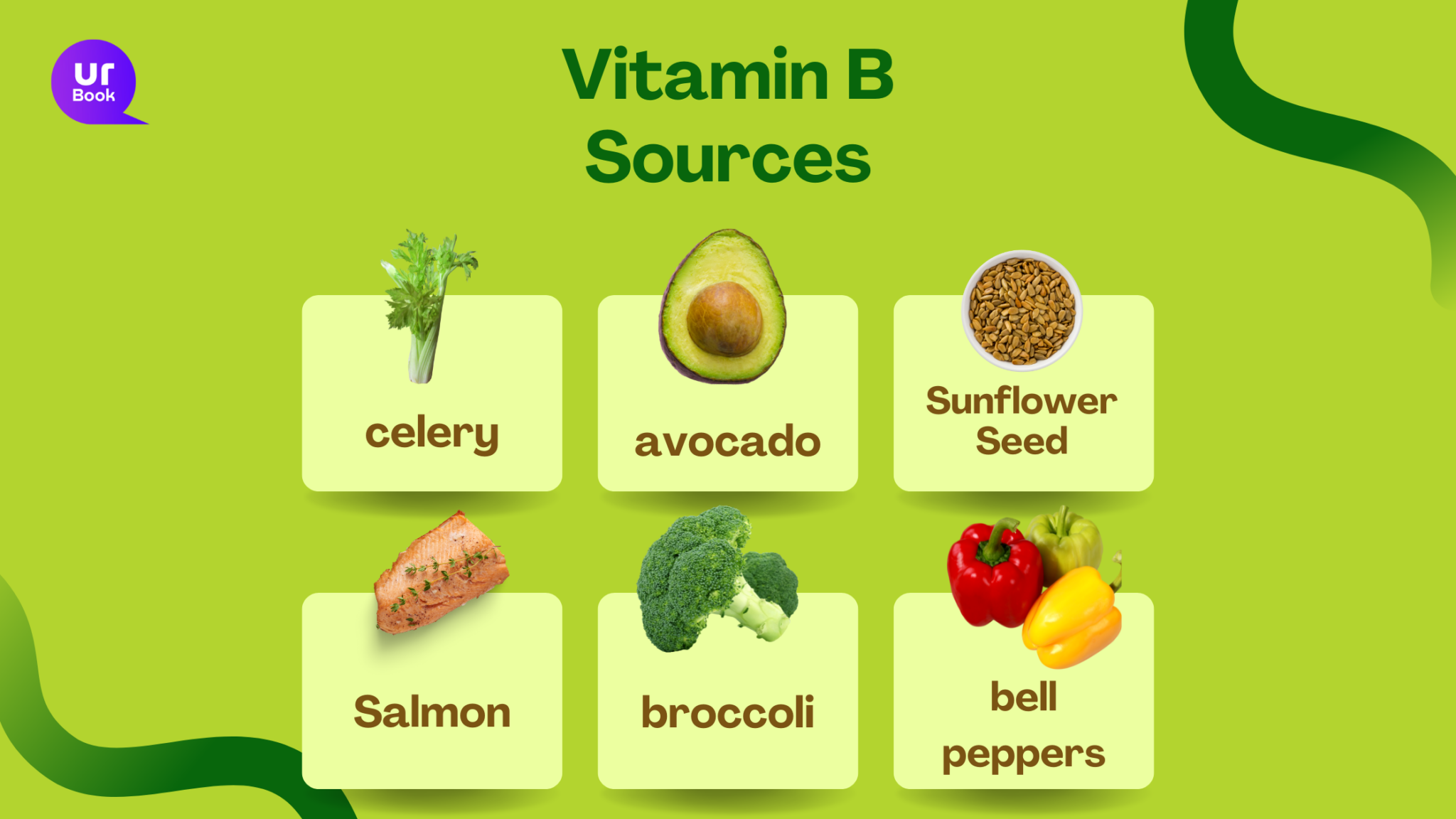
Vitamin C: the immunity champion
Vitamin C unlocks the full potential of your immunity, but did you know it has many more tricks up its sleeve? It builds collagen, helps absorb iron, and fights free radicals!
For example, it enhances the activity of enzymes that act as the first line of defence against oxidative stress. In other words, it increases the antioxidant capacity of your cells.
And if that were not enough, vitamin C aids in creating other antioxidants in the body. It regenerates vitamin E, another potent antioxidant after it has neutralised free radicals. This recycling process allows vitamin E to continue its protective role, extending its antioxidant activity.
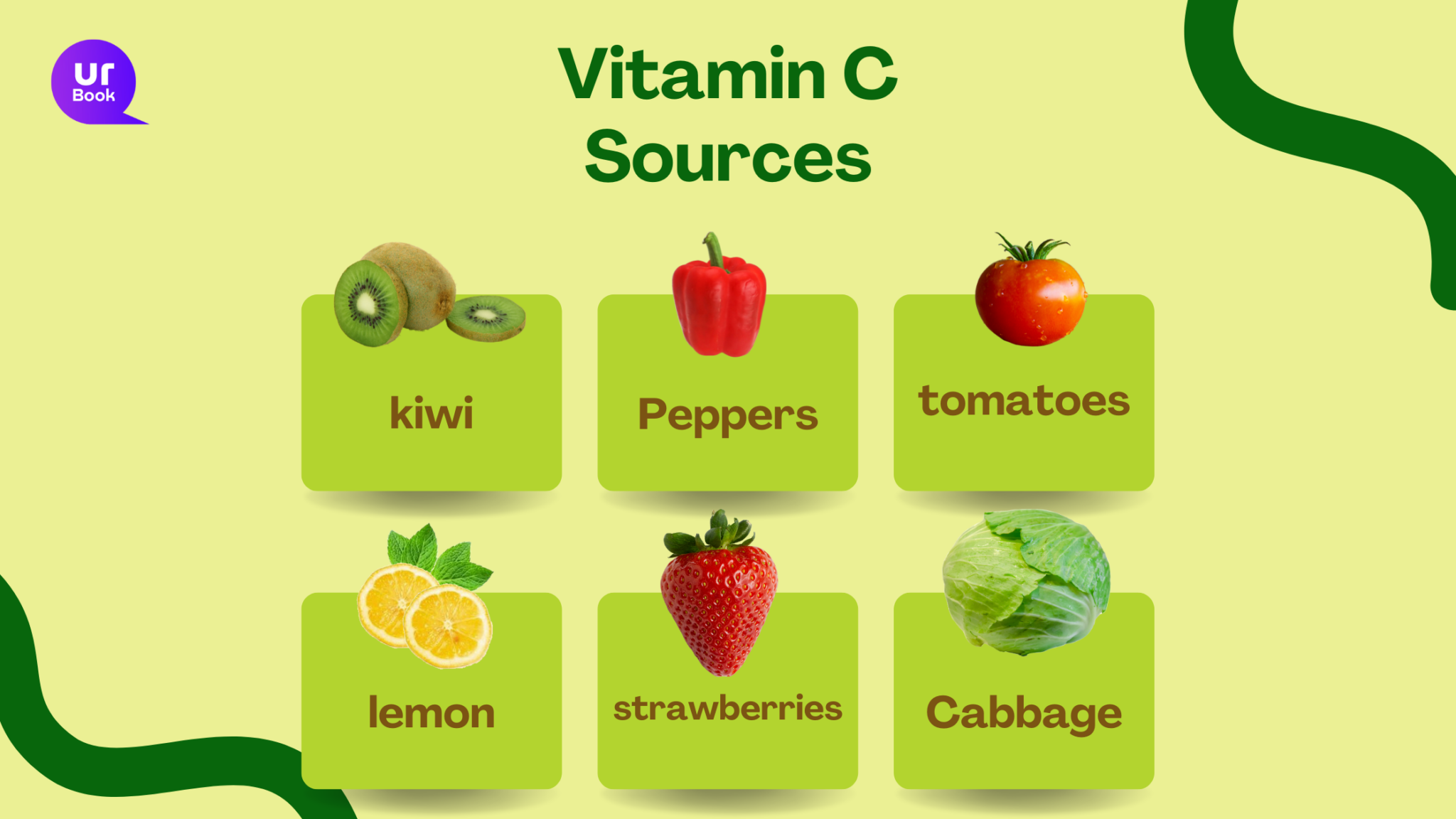
Vitamin E: the exceptional defender of cellular integrity
Vitamin E’s role in protecting cells from free radical damage is nothing short of remarkable. Its potent antioxidant properties not only maintain cellular integrity but also contribute to a healthy heart because they prevent the oxidation of low-density lipoprotein (LDL) cholesterol, which sticks to arteries as plaque. This lessens the risk of strokes and heart attacks!
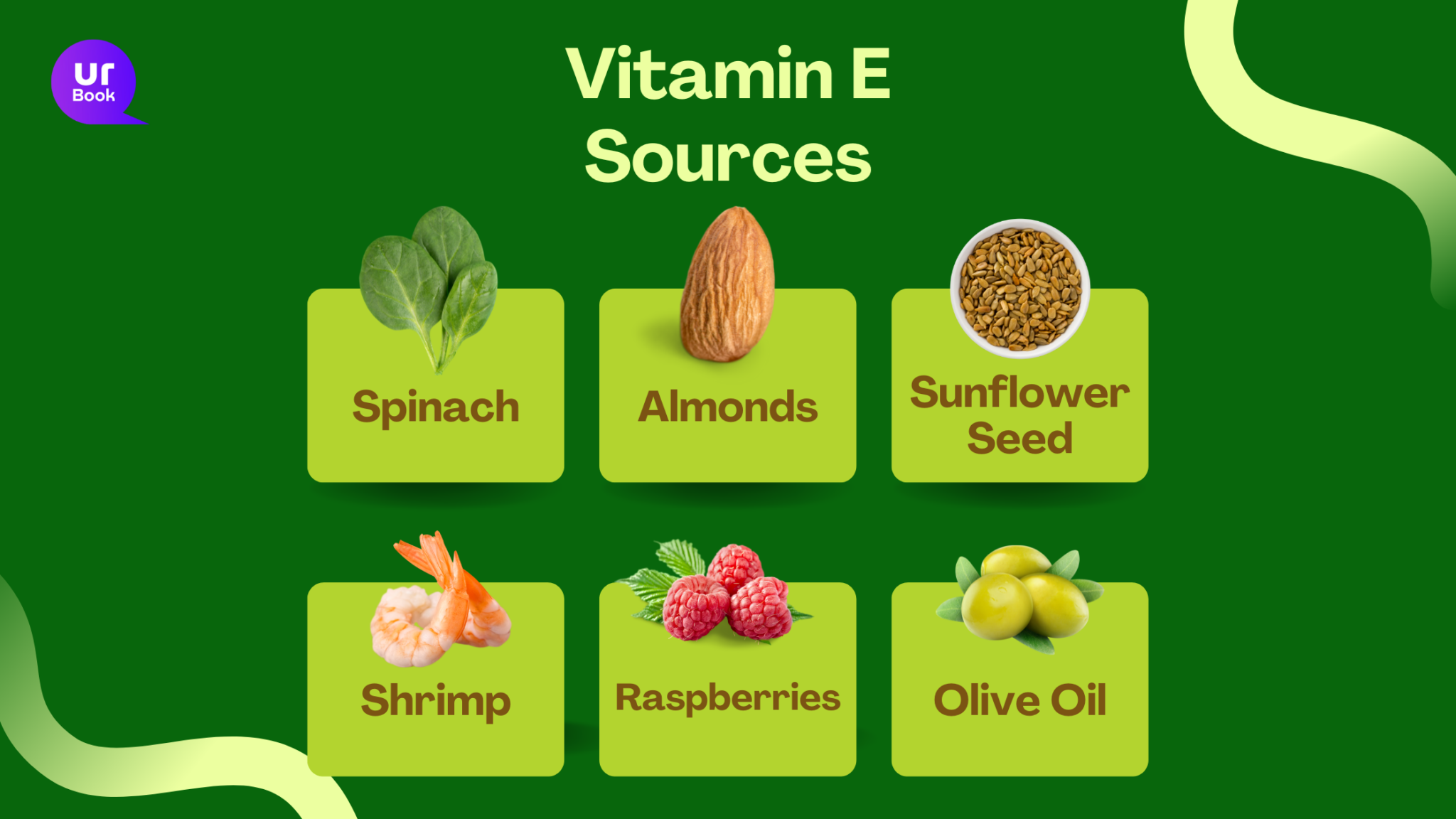
The power of synergy: maximising the benefits of antioxidant vitamins
In a world teeming with free radicals and oxidative stress, the ABCs of antioxidant vitamins come to your rescue. While each vitamin has its own unique strengths, the power of antioxidants truly shines when they work together.
When the best antioxidant vitamins unite, they defend your cells, boost your immune systems, and promote overall well-being. And the best way to get antioxidants is a balanced diet (not supplements).
Find a diet that gives you the power of antioxidants at the QurBook app!
